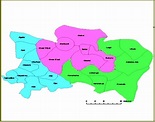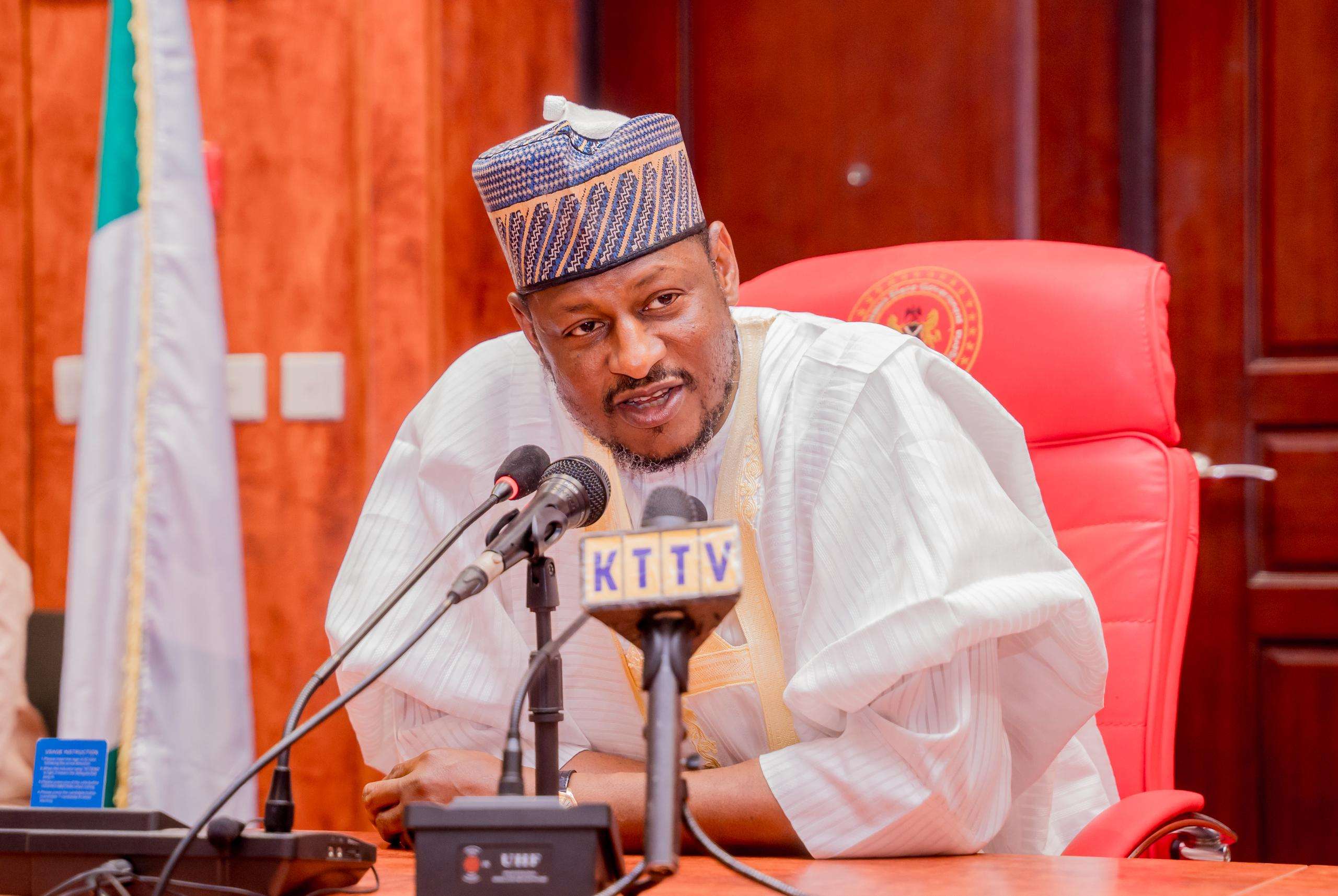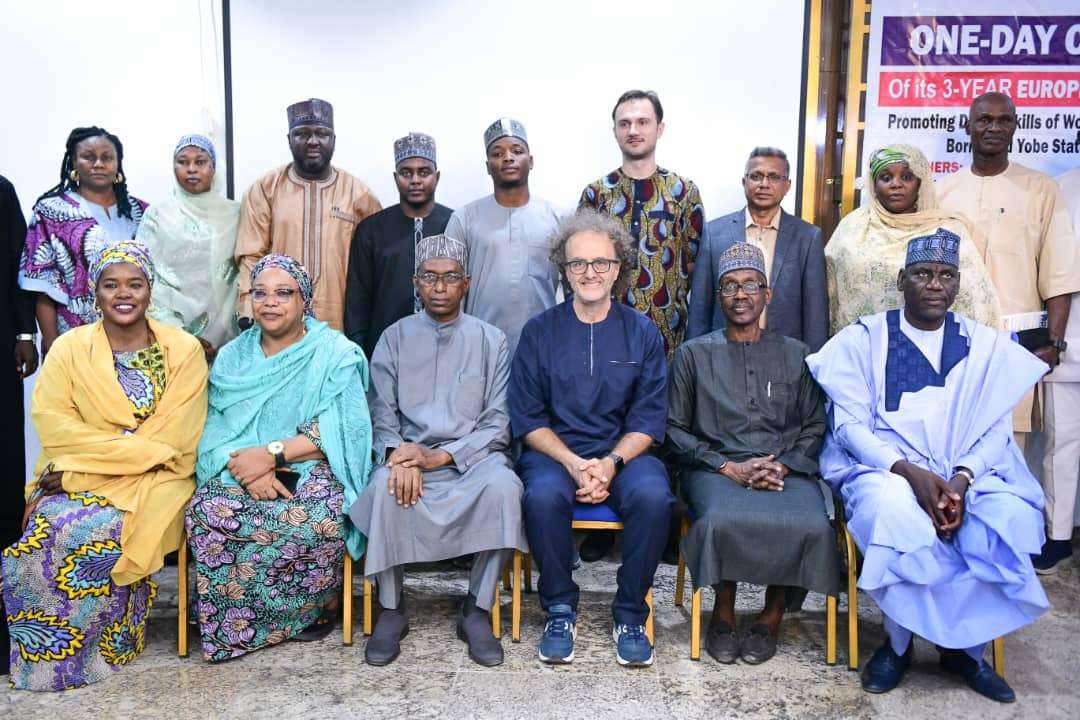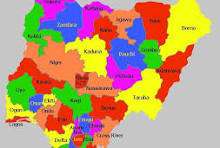The Governor Benue state Hyacinth Iormem Alia has concluded arrangements to deploy digital infrastructure at volatile border areas, IDP camps, schools, farms, and markets as part of efforts to curb insecurity and enhance emergency management in the state.
Benue State is embarking on an ambitious journey to harness the power of technology to drive security, improve emergency responses, and enhance the welfare of its residents, with the latest milestone marking a significant step in the Governor’s digital vision for the state.
On December 16, 2024, the Benue State Emergency Management Agency (BSEMA), the Benue Digital Infrastructure Company PLC (BDIC), and the Bureau for Homeland Security (BHS) signed a landmark Memorandum of Understanding (MOU) aimed at building a robust digital infrastructure. The partnership, supported by Governor Alia’s vision, will leverage cutting-edge technologies to transform the state’s security and emergency management systems.
Held in Makurdi, the signing ceremony underscored the growing momentum behind the governor’s digital agenda. Commissioner for Communication and Digital Economy, Kwaghgba Amande, highlighted that Governor Alia’s strategic partnerships, including international trips to Zambia, Dubai, and China, have begun to bear fruit. These trips, focused on understanding global digital trends, are now being applied to meet the unique needs of Benue State.
“We are already seeing the impact of these international engagements. The governor’s vision is to transform Benue into a digitally advanced state, and these efforts will enhance the socio-economic well-being of our people,” Amande said. One of the most ambitious features of the new infrastructure is the integration of a digital monitoring system that will detect absentee civil servants, set to be implemented starting January 2025.
The collaboration aims to address a range of pressing issues, from disaster management to public safety. As part of the MOU, BDIC will be responsible for installing essential infrastructure for BSEMA’s operations in Internally Displaced Persons (IDP) camps. Additionally, a state-of-the-art Emergency Command and Control Center will be established at BSEMA’s headquarters to improve the coordination of emergency responses and security operations.
“This partnership will significantly enhance our security monitoring capabilities,” said Terwase Gbande, Managing Director of BDIC. “With advanced surveillance systems at high-risk locations, such as IDP camps and border areas, we will be able to proactively address threats and improve response times.”
The initiative also includes a focus on empowering displaced youth with digital skills, creating hubs in IDP camps that will offer training in technology, entrepreneurship, and innovation. This effort aims to foster self-reliance and equip the next generation with the tools they need for economic success.
Key figures, including the Executive Secretary of BSEMA, James Iorpuu, and Jacob Gbamwuan, Director General of the Bureau of Homeland Security, emphasized the importance of the digital infrastructure for real-time reporting, improved security, and timely responses to incidents.
“The digital systems being implemented will allow us to make data-driven decisions, enhance security, and provide faster, more coordinated responses to crises,” said Iorpuu.
Governor Alia’s push for a digitally driven Benue is already setting the stage for broader economic and social transformation. By aligning the state’s infrastructure with global best practices, Benue is positioning itself as a model for innovation, efficiency, and preparedness in Nigeria.
“As Benue State moves forward with this groundbreaking initiative, it is clear that the integration of digital technology into governance will reshape the future of the state, improving security, enhancing public service, and creating new opportunities for all residents,” Gbande added.








